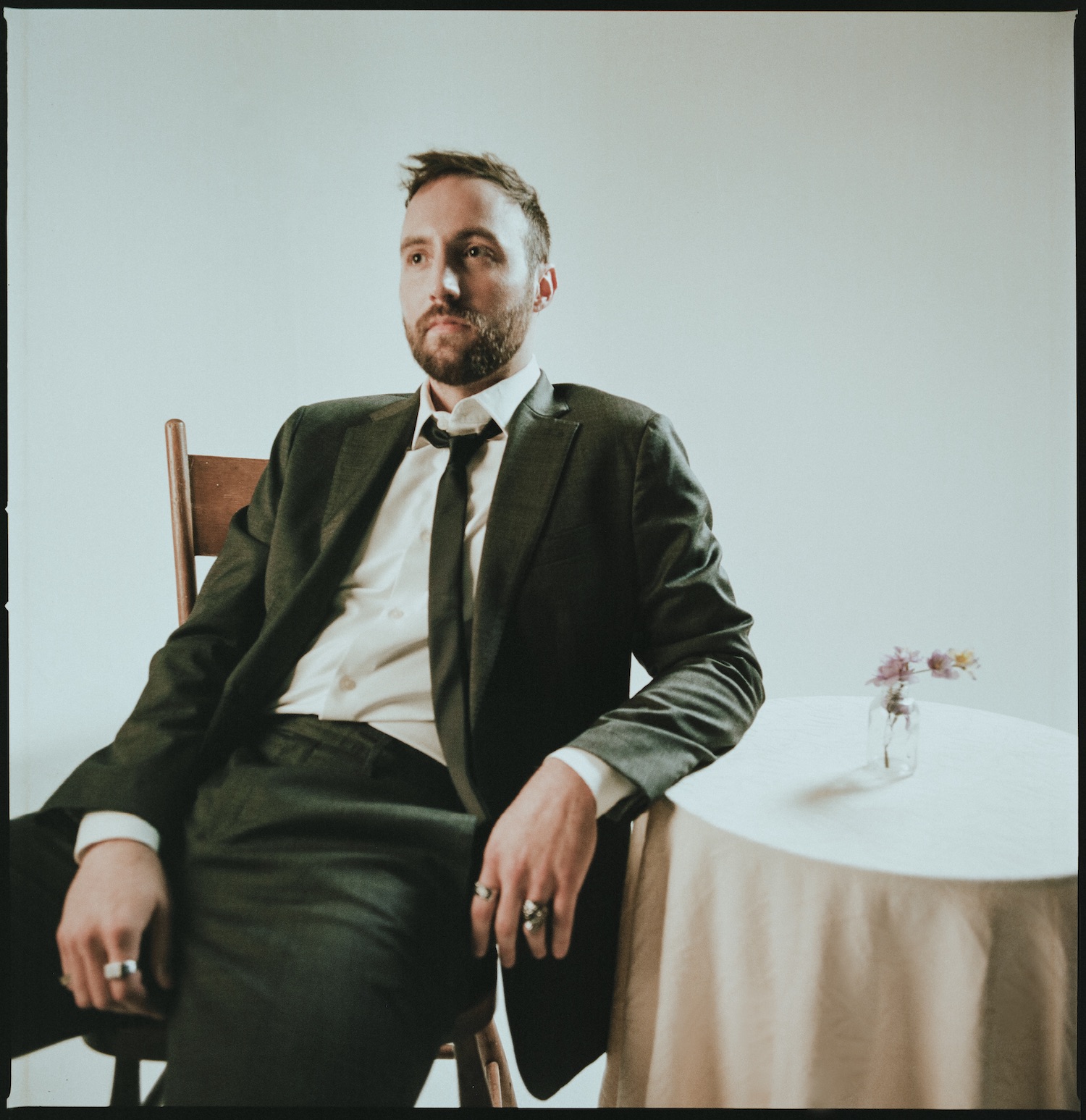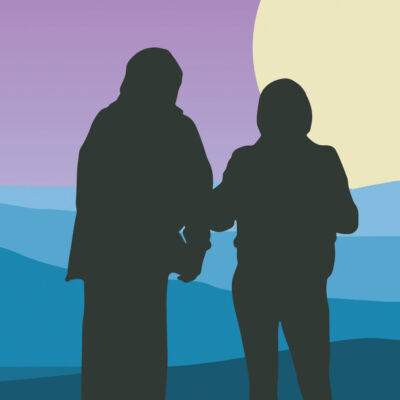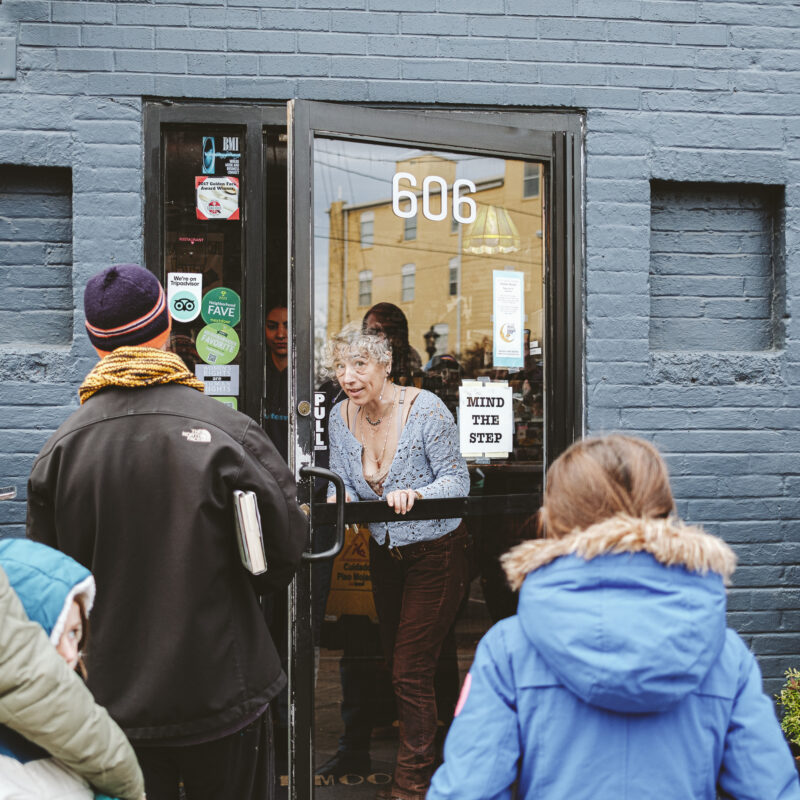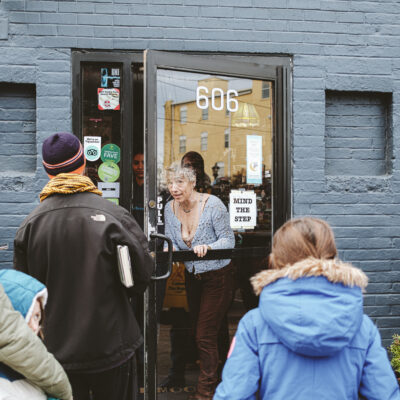By Erin Lyndal Martin
“Charlottesville is in the heart of why I do what I do because of the Dave Matthews Band,” says Ruston Kelly. “They, Kurt Cobain, and Jackson Browne are why I make music. I ended up signing to Red Light Management because the owner, Coran Capshaw, called me and said they wanted me to. I said, ‘Can I tell you about the time I saw DMB in 2003, and [they] opened with ‘Pantala Naga Pampa’ turning into ‘Rapunzel’?,’ which was rare for that time. He didn’t know I was such a fan.”
Five records into his career, Kelly is still grateful for the city that yielded the life-changing band. The influences of Matthews’ fingerpicking, along with Cobain’s edge and Browne’s easy melodies, are present on his albums and in the guitar tutorials he offers on TikTok.
But when people talk about Kelly, it’s often because they resonate with his candor in discussing his struggles with drug and alcohol addiction. Beginning with Dying Star, his first album, the singer-songwriter was praised for his openness, a quality Kelly had never considered. “From the start, interviewers said it was an accomplishment to be so vulnerable,” he says. “But that’s how I conduct myself in all relationships. People get afraid of vulnerability because it’s foreign to a lot of people. It’s natural to me very quickly.”
The singer also learned from experience, after his private life melded with his professional life in ways he never imagined. For three years, Kelly was married to country musician Kacey Musgraves. After their divorce in 2020, the couple released a joint statement saying they still respected and loved each other. Yet, when Musgraves released her album Star-Crossed in 2021, many of her fans read into the song lyrics and assumed the worst about Kelly. “For a while, my inbox was flooded with messages from her fans telling me I should kill myself,” says Kelly. “I don’t blame her. She can’t control their actions.”
Kelly’s fans helped him through that time, and he gained more with the release of 2023’s lauded The Weakness. Bringing indie rock vibes and fuzzed-out guitars to his melodies and confessional lyrics brought in a wider audience. The singer’s fans also remind him to slow down and appreciate the impact his music has. “People write me saying they were going to commit suicide the previous night, and they listened to my music and didn’t,” says Kelly. “Just one or two messages would be enough to keep me doing it, but I’m getting a lot.”
In March, Kelly released Weakness Etc., featuring alternate versions of two songs from The Weakness and four previously unreleased songs. He feels it adds context to its predecessor but doesn’t change the arc of the original album. “You could call it an epilogue,” Kelly says. “It’s just continuing the narrative of that album with more context. Not necessarily new lyrical information. It’s just more context for the world I’m building with the art I make.”
For Kelly, one of the best parts of the job is being able to perform songs about personal things. “What’s most meaningful is that I can have a specific yearning to be a better version of myself— and it will always resonate with people that come to my shows. People can apply their own journey to my milking out the human condition, and that’s what self-expression is. The point of connection.”






